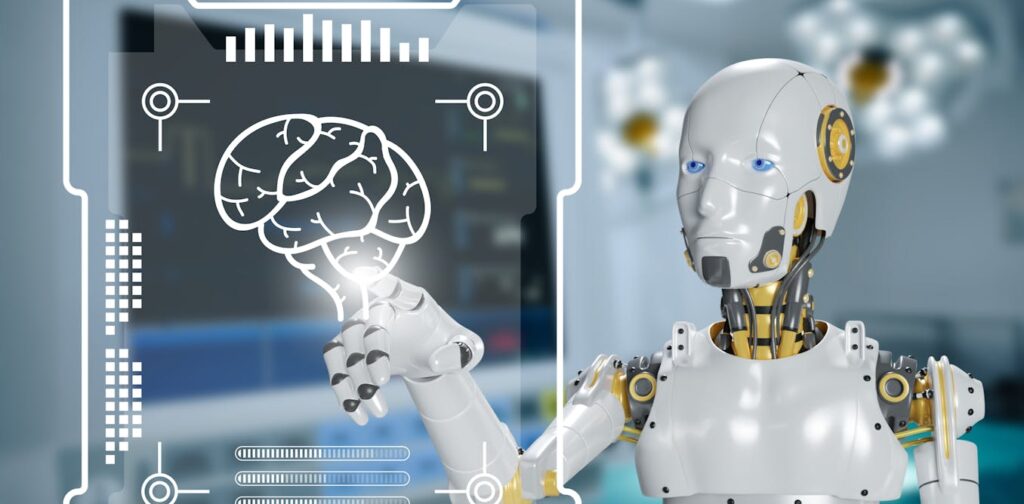
AI in health care could save lives and money − but change won’t happen overnight
Title: AI in Health Care: A Potential Lifesaver and Cost-Cutter but Not an Overnight Revolution
The utilization of Artificial Intelligence (AI) in health care holds promise to revolutionize the sector by potentially saving lives and reducing costs. However, the path to widespread adoption is not without its hurdles such as privacy concerns, potential bias, and integration challenges.
The Potential of AI in Health Care
AI, with its ability to analyze vast amounts of data, predict outcomes, and automate tasks, has been making inroads into various sectors, with health care being no exception. AI in health care could mean faster diagnosis, personalized treatment plans, improved patient care, and reduced costs.
AI can help detect diseases like cancer at an early stage, even before symptoms appear, through the analysis of medical imaging data. Machine learning algorithms can predict patient outcomes, assisting doctors in creating personalized treatment plans. AI-powered chatbots can provide 24/7 patient support, and automation can reduce administrative tasks, freeing up time for health care professionals to focus on patient care.
A study by Accenture predicts that AI applications in health care could save up to $150 billion annually for the U.S. health care economy by 2026. The use of AI can potentially reduce the cost of treatment, decrease the likelihood of readmission, and increase patient satisfaction.
The Challenges of AI Adoption in Health Care
Despite the potential benefits, the adoption of AI in health care is not as rapid as in other sectors. The reasons are multifaceted and complex, rooted in concerns about privacy, potential bias, and challenges with integration.
Privacy Concerns: AI systems require large amounts of data to function effectively. In health care, this data often includes sensitive personal and medical information. There are concerns about how this data is stored, accessed, and used, particularly in light of recent high-profile data breaches. Ensuring data privacy and compliance with regulations like the Health Insurance Portability and Accountability Act (HIPAA) is a significant challenge.
Potential Bias: AI systems learn from the data they are trained on. If this data is biased, the AI system can also exhibit bias, leading to inaccurate or unfair outcomes. For example, if an AI system is trained predominantly on data from middle-aged white males, it may not perform as effectively when used to diagnose conditions in other demographic groups.
Integration Challenges: The integration of AI into existing health care systems can be difficult. Health care professionals need to be trained to use these new systems, and workflows may need to be adjusted. Additionally, the lack of standardized data in health care can make it difficult for AI systems to analyze and learn from the data effectively.
The Road Ahead
Despite these challenges, the potential benefits of AI in health care cannot be ignored. As such, steps are being taken to address these issues.
To tackle privacy concerns, technologists are developing advanced encryption and anonymization techniques. The concept of federated learning, where AI models are trained on decentralized data, is being explored to maintain data privacy while still enabling effective AI learning.
Efforts are also being made to address bias in AI. Researchers are striving to use diverse datasets for training AI systems, and there is a push for more transparency and explainability in AI decision-making.
To overcome integration challenges, there is a need for collaboration between technologists, health care professionals, and policymakers. Standardizing health care data and providing training for health care professionals on AI systems can help ease the integration process.
In conclusion, while the road to widespread AI adoption in health care may be challenging, the potential benefits make it a journey worth taking. With the right approach and collaboration, AI can indeed revolutionize health care, saving lives and reducing costs. However, it’s essential to remember that this change won’t happen overnight. It will require time, effort, and a commitment to overcoming the hurdles that lie in the way.
